REVISED LEASE AGREEMENT AMID COVID-19
입력 2022.01.06 (15:27)
수정 2022.01.06 (16:45)
읽어주기 기능은 크롬기반의
브라우저에서만 사용하실 수 있습니다.
[Anchor Lead]
A revised lease agreement law went into effect to allow businesses that closed down due to COVID-19 control measures to get out of their lease agreements midway. Now financially struggling small enterprises stand to get a bit more burden off their shoulders.
[Pkg]
Myeongdong is an iconic shopping district in Seoul. But an increasing number of shops have closed down as tourists coming in from overseas dropped drastically amid the pandemic. As of the third quarter of 2021, 47.2% or nearly half of mid-to-large-sized commercial buildings with space larger than 330 square meters and taller than three stories stand empty.
[Soundbite] (Merchant in Myeongdong(VOICE MODIFIED)) : "The actual vacancy rate is 65 to 70%. Let’s say a merchant closed down but the lease period and deposit still remains."
Those businesses slapped with gathering restrictions or bans suffered greatly because of fewer customers or reduced business hours. Even after they were forced to close down completely, they still had to pay rent for the remainder of the lease. But now businesses that shut down because of COVID-19 control measures are allowed to terminate their store lease agreements midway. This revision is for those businesses that went bankrupt because of the government’s gathering restrictions or bans lasting three or more months. Termination of lease agreement becomes effective three months after a tenant notifies a landlord of the lease termination.
[Soundbite] Cha Nam-su(Policy Publicity Director, Korea Federation of Micro Enterprise) : "This law will provide small businesses with a means to get back a portion of their deposits amid the pandemic."
This may lighten the load for small businesses to some degree, but if a landlord files a suit, it’s up to the tenant to prove that the business took a hit because of the disease control measures.
A revised lease agreement law went into effect to allow businesses that closed down due to COVID-19 control measures to get out of their lease agreements midway. Now financially struggling small enterprises stand to get a bit more burden off their shoulders.
[Pkg]
Myeongdong is an iconic shopping district in Seoul. But an increasing number of shops have closed down as tourists coming in from overseas dropped drastically amid the pandemic. As of the third quarter of 2021, 47.2% or nearly half of mid-to-large-sized commercial buildings with space larger than 330 square meters and taller than three stories stand empty.
[Soundbite] (Merchant in Myeongdong(VOICE MODIFIED)) : "The actual vacancy rate is 65 to 70%. Let’s say a merchant closed down but the lease period and deposit still remains."
Those businesses slapped with gathering restrictions or bans suffered greatly because of fewer customers or reduced business hours. Even after they were forced to close down completely, they still had to pay rent for the remainder of the lease. But now businesses that shut down because of COVID-19 control measures are allowed to terminate their store lease agreements midway. This revision is for those businesses that went bankrupt because of the government’s gathering restrictions or bans lasting three or more months. Termination of lease agreement becomes effective three months after a tenant notifies a landlord of the lease termination.
[Soundbite] Cha Nam-su(Policy Publicity Director, Korea Federation of Micro Enterprise) : "This law will provide small businesses with a means to get back a portion of their deposits amid the pandemic."
This may lighten the load for small businesses to some degree, but if a landlord files a suit, it’s up to the tenant to prove that the business took a hit because of the disease control measures.
■ 제보하기
▷ 카카오톡 : 'KBS제보' 검색, 채널 추가
▷ 전화 : 02-781-1234, 4444
▷ 이메일 : kbs1234@kbs.co.kr
▷ 유튜브, 네이버, 카카오에서도 KBS뉴스를 구독해주세요!
- REVISED LEASE AGREEMENT AMID COVID-19
-
- 입력 2022-01-06 15:27:04
- 수정2022-01-06 16:45:24
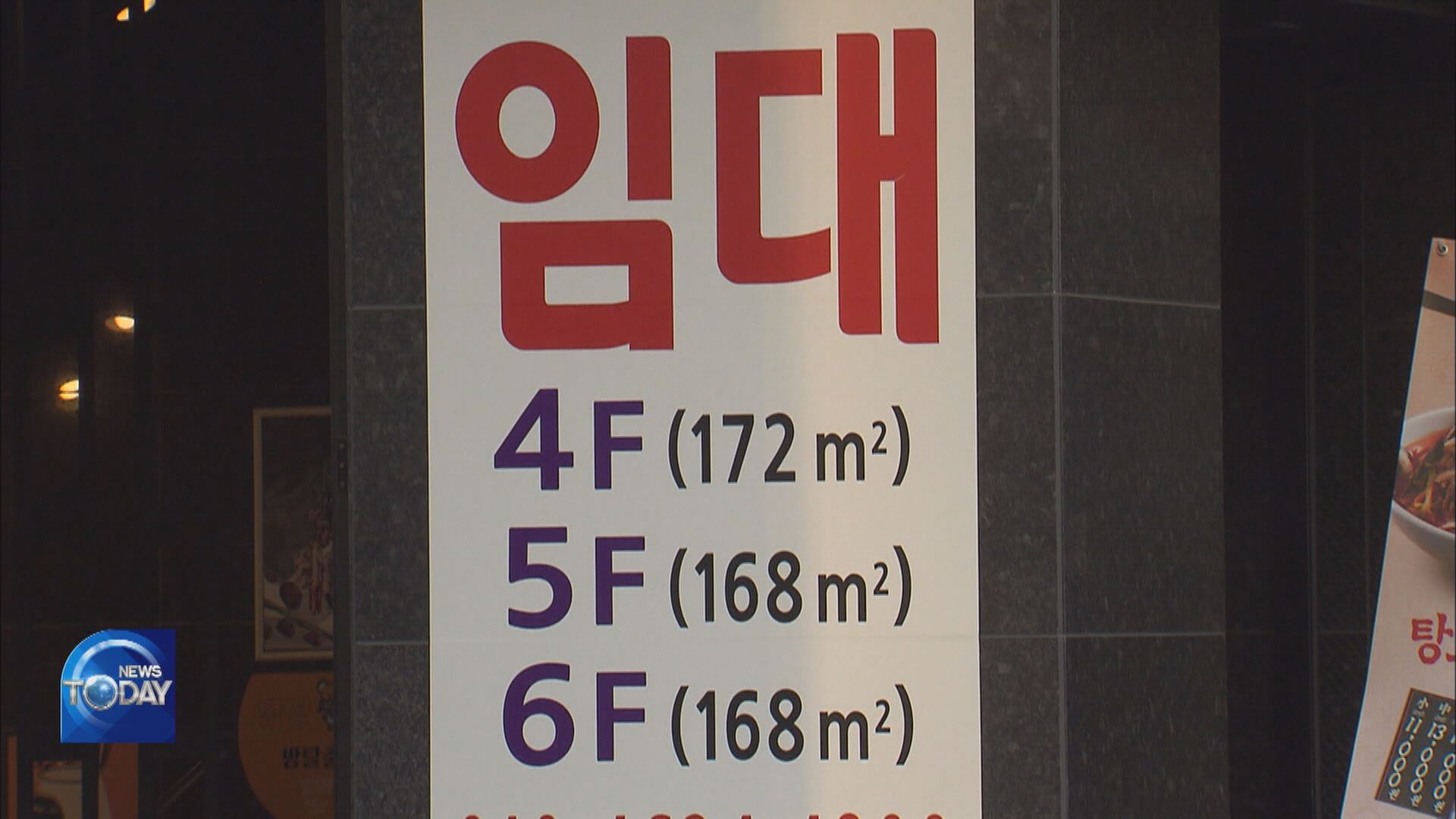
[Anchor Lead]
A revised lease agreement law went into effect to allow businesses that closed down due to COVID-19 control measures to get out of their lease agreements midway. Now financially struggling small enterprises stand to get a bit more burden off their shoulders.
[Pkg]
Myeongdong is an iconic shopping district in Seoul. But an increasing number of shops have closed down as tourists coming in from overseas dropped drastically amid the pandemic. As of the third quarter of 2021, 47.2% or nearly half of mid-to-large-sized commercial buildings with space larger than 330 square meters and taller than three stories stand empty.
[Soundbite] (Merchant in Myeongdong(VOICE MODIFIED)) : "The actual vacancy rate is 65 to 70%. Let’s say a merchant closed down but the lease period and deposit still remains."
Those businesses slapped with gathering restrictions or bans suffered greatly because of fewer customers or reduced business hours. Even after they were forced to close down completely, they still had to pay rent for the remainder of the lease. But now businesses that shut down because of COVID-19 control measures are allowed to terminate their store lease agreements midway. This revision is for those businesses that went bankrupt because of the government’s gathering restrictions or bans lasting three or more months. Termination of lease agreement becomes effective three months after a tenant notifies a landlord of the lease termination.
[Soundbite] Cha Nam-su(Policy Publicity Director, Korea Federation of Micro Enterprise) : "This law will provide small businesses with a means to get back a portion of their deposits amid the pandemic."
This may lighten the load for small businesses to some degree, but if a landlord files a suit, it’s up to the tenant to prove that the business took a hit because of the disease control measures.
A revised lease agreement law went into effect to allow businesses that closed down due to COVID-19 control measures to get out of their lease agreements midway. Now financially struggling small enterprises stand to get a bit more burden off their shoulders.
[Pkg]
Myeongdong is an iconic shopping district in Seoul. But an increasing number of shops have closed down as tourists coming in from overseas dropped drastically amid the pandemic. As of the third quarter of 2021, 47.2% or nearly half of mid-to-large-sized commercial buildings with space larger than 330 square meters and taller than three stories stand empty.
[Soundbite] (Merchant in Myeongdong(VOICE MODIFIED)) : "The actual vacancy rate is 65 to 70%. Let’s say a merchant closed down but the lease period and deposit still remains."
Those businesses slapped with gathering restrictions or bans suffered greatly because of fewer customers or reduced business hours. Even after they were forced to close down completely, they still had to pay rent for the remainder of the lease. But now businesses that shut down because of COVID-19 control measures are allowed to terminate their store lease agreements midway. This revision is for those businesses that went bankrupt because of the government’s gathering restrictions or bans lasting three or more months. Termination of lease agreement becomes effective three months after a tenant notifies a landlord of the lease termination.
[Soundbite] Cha Nam-su(Policy Publicity Director, Korea Federation of Micro Enterprise) : "This law will provide small businesses with a means to get back a portion of their deposits amid the pandemic."
This may lighten the load for small businesses to some degree, but if a landlord files a suit, it’s up to the tenant to prove that the business took a hit because of the disease control measures.
이 기사가 좋으셨다면
-
좋아요
0
-
응원해요
0
-
후속 원해요
0










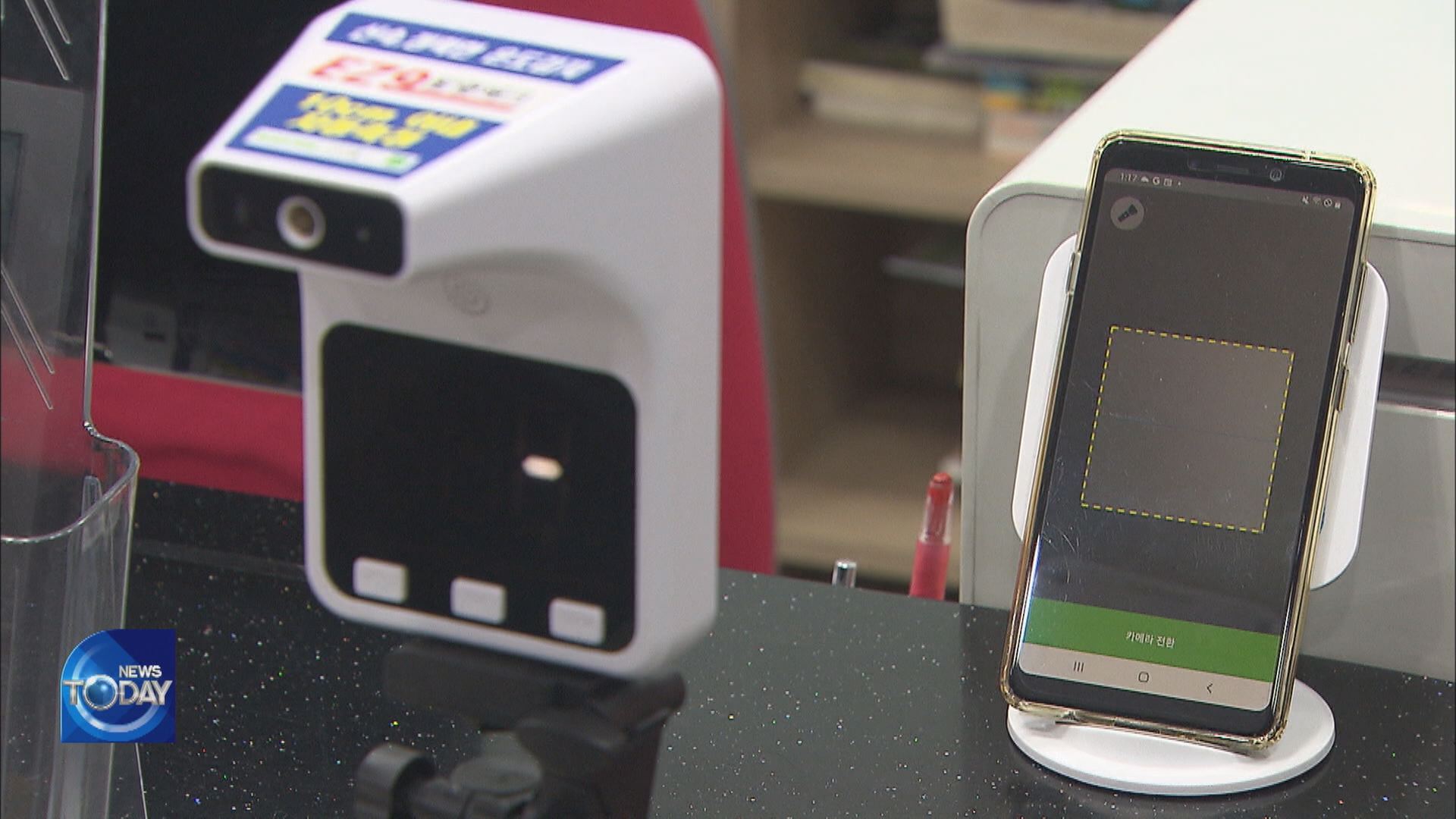
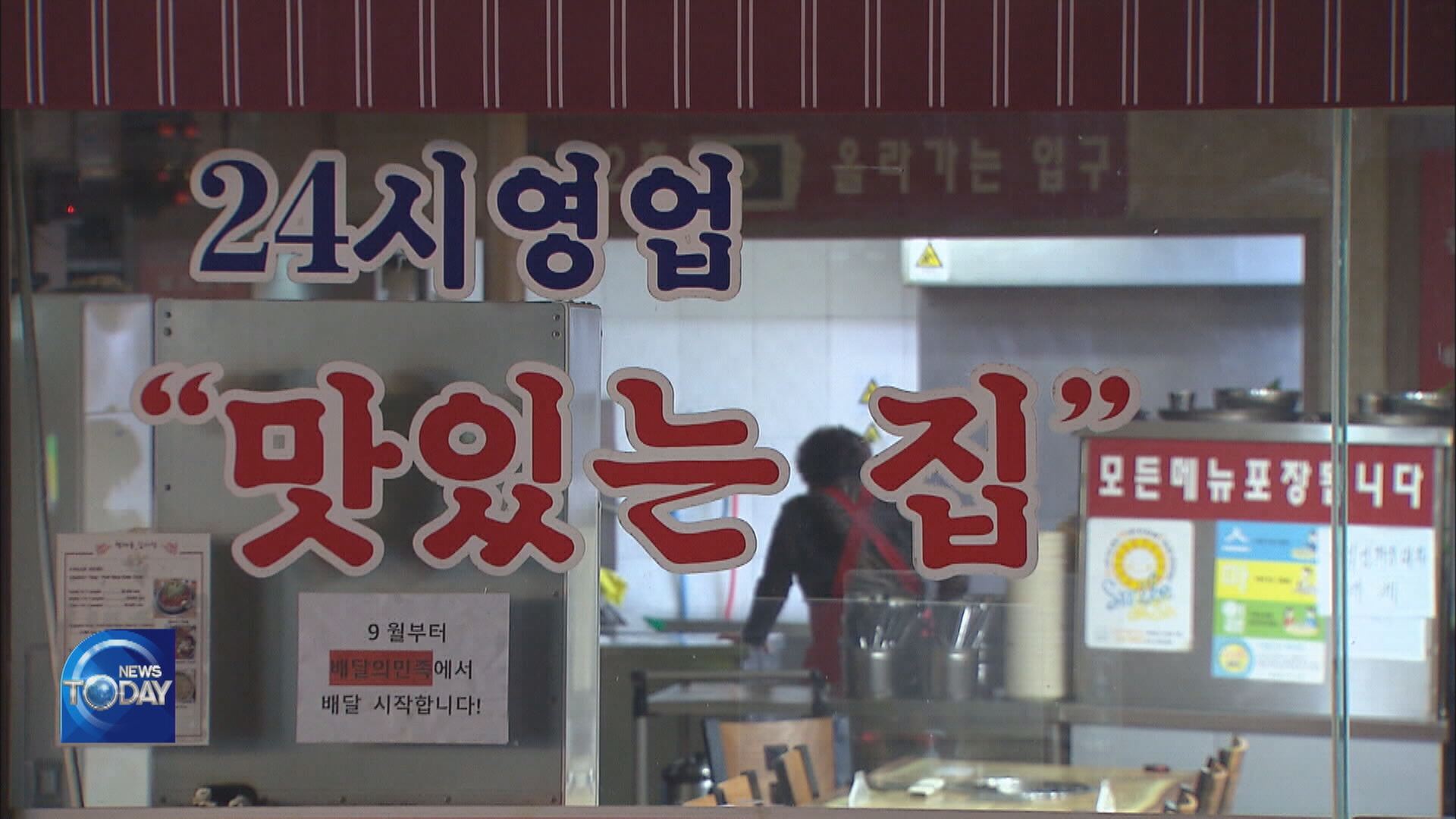
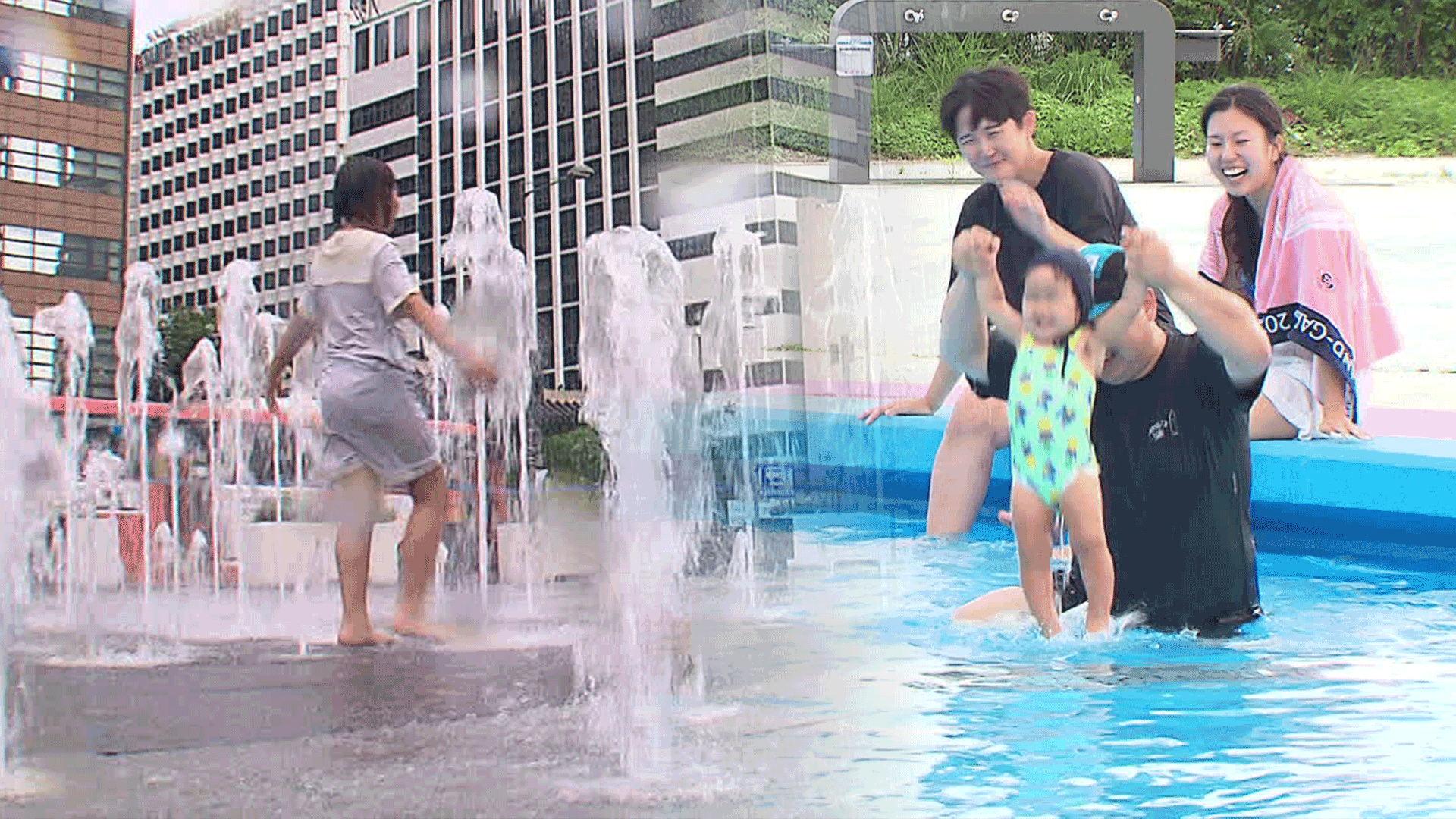
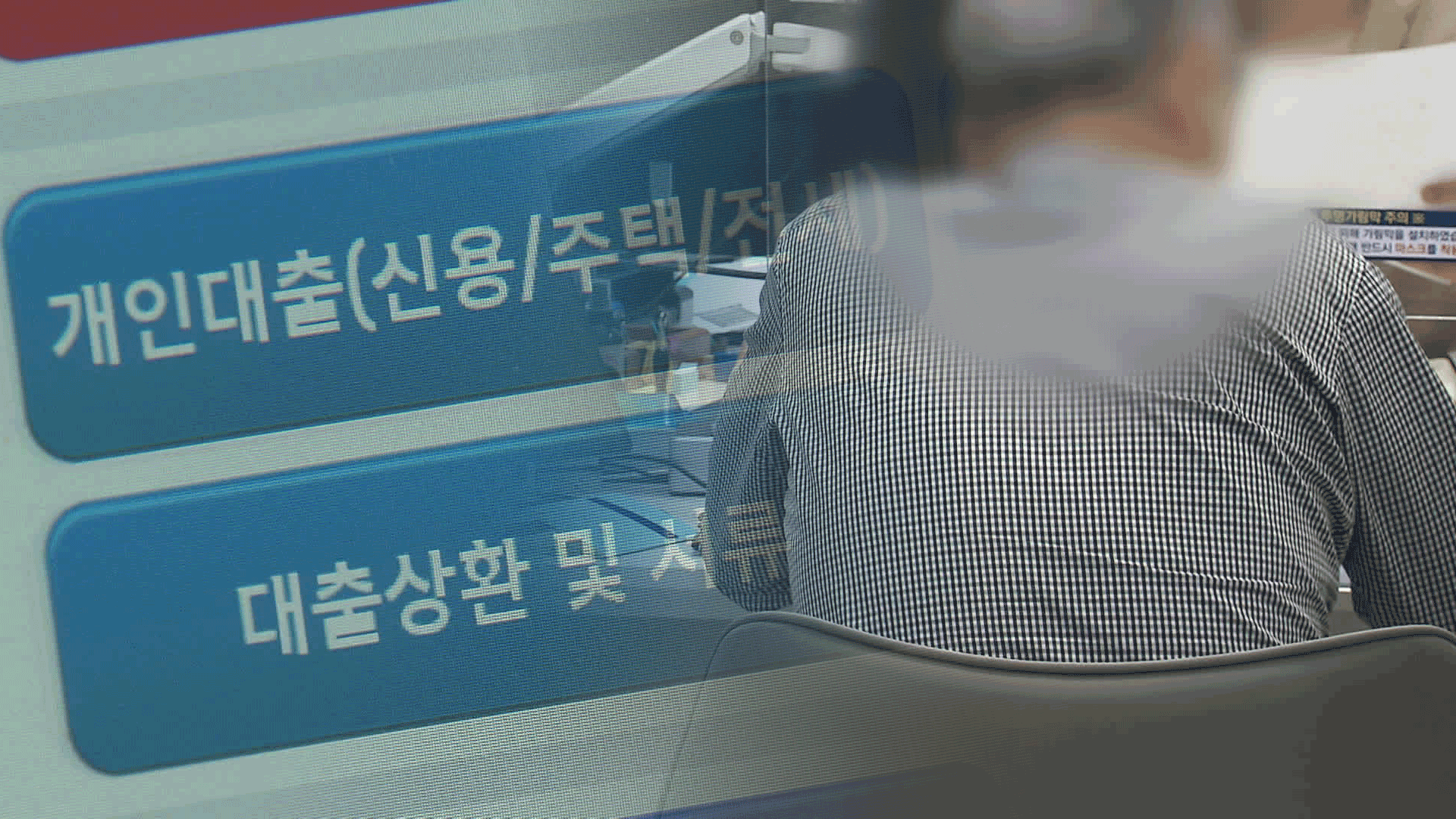
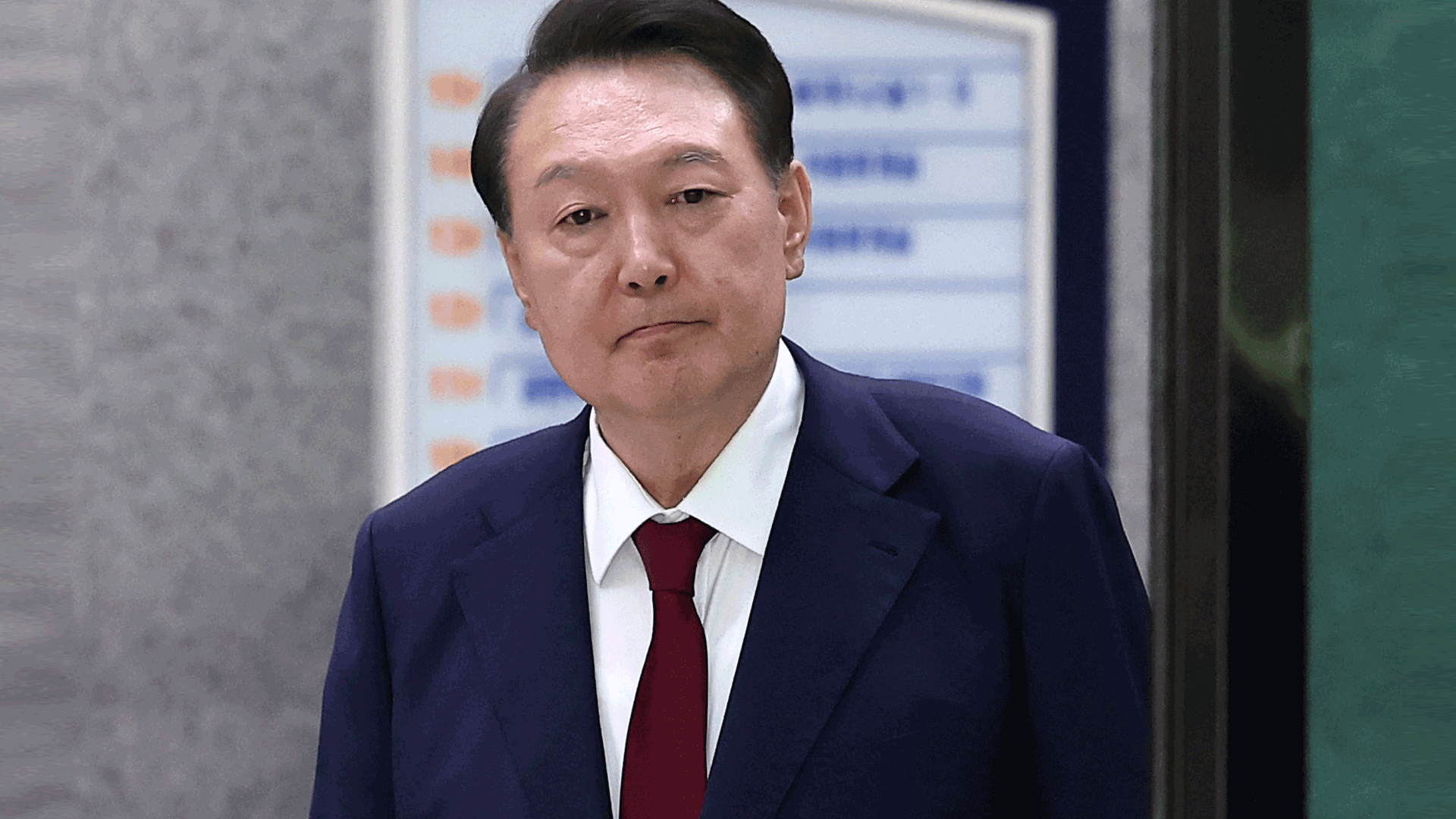
![[단독] 윤석열 정부, ‘대통령실 공사비 미지급’ 피소](/data/news/2025/06/30/20250630_8MRvHk.png)

이 기사에 대한 의견을 남겨주세요.